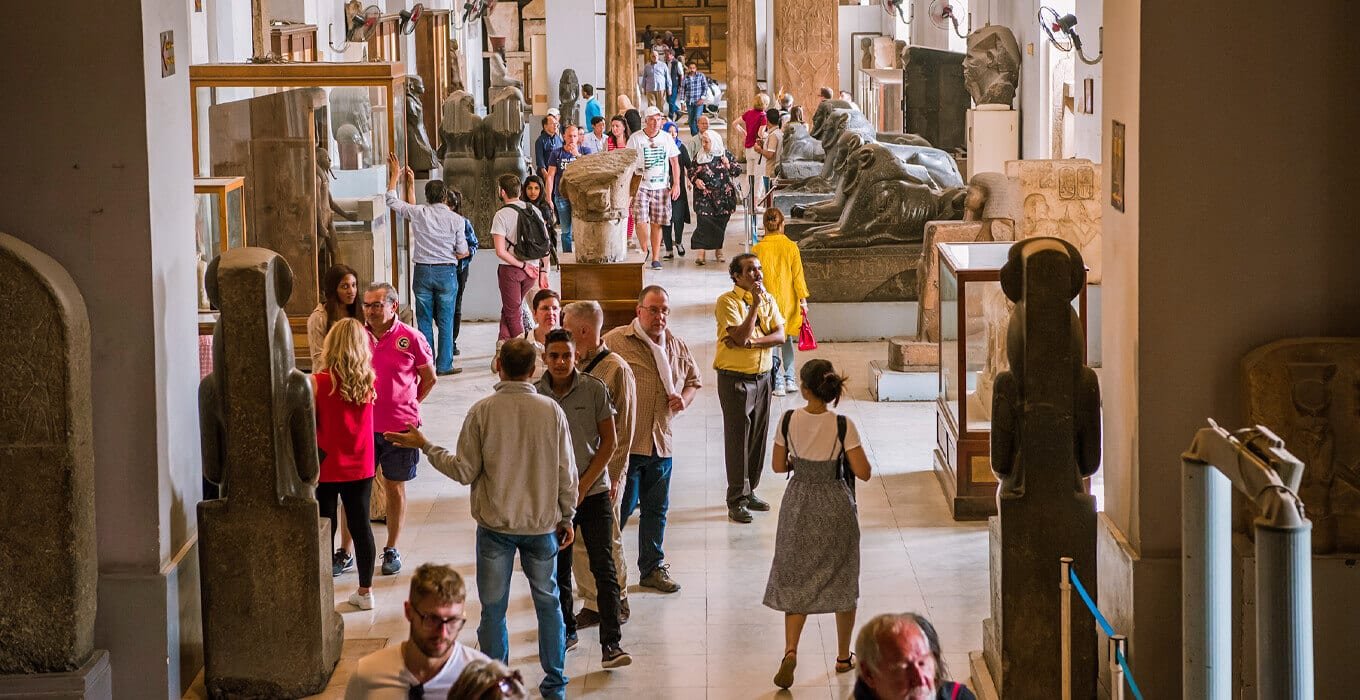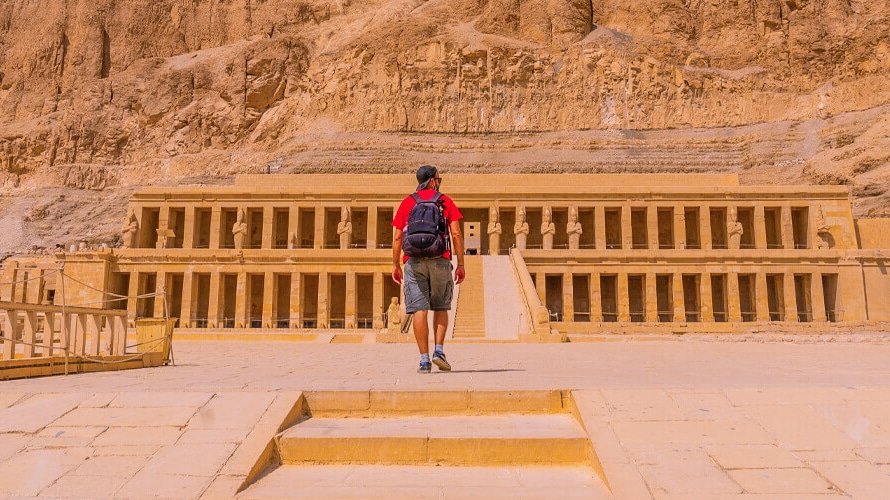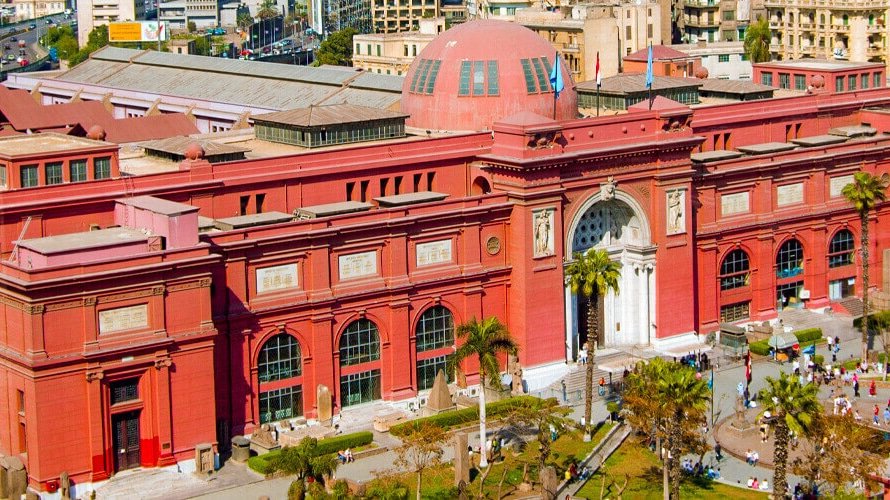Is Egypt safe for a holiday? This is a question on the minds of many travelers drawn to the country’s ancient wonders, stunning desert landscapes, and the vibrant Red Sea coast. Egypt is a land steeped in history, a place where the pharaohs walked, and where iconic monuments like the Great Pyramids stand as testaments to human ingenuity. It’s a captivating destination, but understandably, safety is a primary concern for anyone planning a trip.
While Egypt is generally safe for tourists, it’s essential to be aware of potential risks and to take sensible precautions. There are cultural nuances, varying levels of security depending on the region, and practical considerations for staying safe and healthy during your travels. This guide aims to provide you with the information you need to make informed decisions and plan a safe, enjoyable holiday in Egypt.
Actors to Consider for Safety in Egypt
While Egypt is generally safe, opportunistic petty crimes like pickpocketing and scams, unfortunately, exist as they do in many tourist destinations. These incidents are particularly common in crowded areas like markets, public transportation, and around popular tourist attractions.
Here are practical tips to minimize your risk and safeguard your belongings:
- Be Aware: Stay alert to your surroundings, especially in crowded areas. Be mindful of your personal space in crowds.
- Secure Valuables: Keep your passport, money, and other valuables out of sight. Consider using a money belt or hidden wallet for extra security.
- Minimalist Mindset: Avoid carrying large amounts of cash or flashy jewelry and accessories. Leave unnecessary valuables at your hotel.
- Bag Security: Keep your bags closed and in front of you, especially when using public transport or in markets.
- Scams: Be wary of overly friendly strangers who approach with unsolicited help or offers. Learn about common tourist scams and politely but firmly decline.
- Tech Safety: Be discreet with your phone and camera, especially in crowded areas.
Important Note: If you do fall victim to petty crime, report the incident to the local tourist police and your embassy as soon as possible.

Road Safety in Egypt: Challenges and Smart Travel Tips
Egypt, with its ancient wonders and vibrant cities, attracts visitors from across the globe. However, navigating Egypt’s roads can be a challenge, as road safety remains a significant concern. Let’s dive into the challenges of road safety in Egypt and discuss strategies to ensure a safe and enjoyable trip.
Challenges to Road Safety in Egypt
- Traffic Congestion: Major Egyptian cities often experience overwhelming traffic congestion, leading to chaotic driving conditions. This congestion increases the risk of accidents, especially for those unfamiliar with local driving habits.
- Enforcement of Traffic Laws: Inconsistent enforcement of traffic regulations can contribute to reckless and unpredictable driving behaviors. This includes speeding, running red lights, and improper lane changes.
- Road Conditions: Some roads, particularly in rural regions, may be poorly maintained, with potholes, unclear markings, and inadequate lighting. These conditions can increase the likelihood of accidents.
- Pedestrian Safety: Pedestrians often face unsafe conditions, with limited crosswalks and drivers not always yielding the right-of-way.
Tips for Staying Safe on Egyptian Roads
- Hire Reputable Taxi Companies: Opt for established taxi companies with well-maintained vehicles and professional drivers. Avoid hailing taxis directly on the street, and instead, use hotel recommendations or reputable ride-hailing apps.
- Organized Tours: Consider booking organized tours with reputable agencies. These tours often provide safe, reliable transportation with experienced drivers who are knowledgeable about local road conditions.
- Defensive Driving: If you choose to rent a car, practice defensive driving. Anticipate the unexpected, maintain a safe distance, and exercise extra caution at intersections.
- Pedestrian Awareness: If walking, be extremely vigilant. Use designated crosswalks whenever possible, and be aware that drivers may not stop. When crossing roads, make eye contact with drivers to ensure they see you.
- Night Travel: Limit driving at night, especially outside of major cities, as poor lighting and visibility can increase risks.

Prioritizing Safety
While road conditions in Egypt pose challenges, being informed and choosing wisely will significantly enhance your safety. Prioritizing reputable transport options, exercising caution on unfamiliar roads, and being mindful as a pedestrian are key to a safe and enjoyable experience in this captivating country.
Health and Safety in Egypt: Tips for a Healthy Trip
Egypt is an incredible destination with a rich history and lively culture. To fully enjoy your experience, it’s important to prioritize your health and safety. Here’s a guide to common health concerns in Egypt and practical tips to stay well during your travels.
Common Health Concerns
- Food-borne Illnesses: Traveler’s diarrhea and other food-related illnesses are a common concern for visitors to Egypt. Contaminated food or water can lead to unpleasant symptoms that might disrupt your trip.
- Heat-related Illnesses: Dehydration, heat exhaustion, and heatstroke are risks, particularly during warmer months when temperatures can soar.
- Insect Bites: Mosquitoes can carry diseases including dengue fever and malaria in some regions. Protect yourself, especially during dusk and dawn.
Essential Tips for Staying Healthy in Egypt
- Hydration is Key: Drink plenty of bottled water throughout the day to combat dehydration. The heat can catch you by surprise, so keep a water bottle handy.
- Food Safety: Exercise caution when eating. Choose cooked foods served hot, and opt for peeled fruits and vegetables. Avoid tap water and ice unless you’re certain of its source. Restaurants catering to tourists generally have higher hygiene standards.
- Basic Medical Care: Carry a small first-aid kit with essentials like band-aids, antiseptic wipes, and any necessary medications. It’s helpful to know the locations of pharmacies and clinics in the areas you’ll be visiting.
- Sun Protection: Pack sunscreen, hats, and sunglasses to protect yourself from the strong Egyptian sun.
- Insect Repellent: Apply insect repellent containing DEET to ward off mosquitoes and other biting insects.

Additional Considerations
- Travel Insurance: Invest in comprehensive travel insurance that includes medical coverage. This ensures you’re prepared should any unexpected health issues arise.
- Vaccinations: Consult your doctor to determine if any specific vaccinations are recommended for your trip to Egypt.
Staying Healthy for a Great Adventure
By taking proactive measures and applying these tips, you can significantly minimize health risks and enjoy a healthy and fulfilling trip to Egypt. Being prepared will boost your confidence and let you focus on experiencing the wonders this country offers.
Essential Safety Tips for Your Trip to Egypt
Egypt is a land of breathtaking historical sites and welcoming people, but it’s wise to be prepared for a culture and environment that may differ from your own. Here’s how to enhance your safety and make the most of your Egyptian adventure:
Respecting Local Customs
- Dress Modestly: Egypt is a predominantly Muslim country. Both men and women should dress modestly. Cover your shoulders and knees, and avoid overly tight or revealing clothing. Women may find a headscarf useful when visiting mosques or some rural areas.
- Be Mindful of Public Interactions: Displays of affection between couples should be kept discreet. It’s best to learn a few basic Arabic phrases – even greetings go a long way in building positive interactions with locals.
Situational Awareness
- Be Alert in Crowds: Popular tourist areas can attract pickpockets and opportunistic thieves. Be aware of your surroundings, especially in busy markets and crowded transportation.
- Secure Your Valuables: Keep your passport, money, and important documents secure, preferably in a hidden money belt or in your hotel safe. Only carry what you need for the day and don’t flash expensive jewelry or electronics.

Safety for Women
- Avoid Traveling Alone at Night: Unfortunately, solo female travelers may experience unwanted attention or harassment. Travel in groups or with a companion, particularly after dark.
- Choose Transportation Wisely: If traveling by taxi, use reputable companies and avoid hailing taxis directly on the street.
Additional Precautions
- Reputable Tour Operators & Hotels: Booking tours and accommodation with well-established companies ensures a greater degree of safety and reliability. These companies have local expertise and can help you navigate any potential issues.
- Registration with Your Embassy: Registering with your country’s embassy in Egypt will ensure they can assist you in case of emergencies.
Other Helpful Tips
- Bargaining: It’s expected in most markets, but be good-natured about it.
- Be Wary of Scams: While most Egyptians are friendly, be aware of common tourist scams, especially at popular sites.
- Trust Your Instincts: If a situation feels uncomfortable, don’t hesitate to remove yourself or seek assistance.
Exploring Egypt’s Safe and Stunning Destinations
Egypt captivates travelers with its rich history, vibrant cities, and stunning natural wonders. While it’s important to be aware of general safety precautions, many popular destinations offer secure and enjoyable experiences. Let’s dive into the top spots considered safe for tourists:
Cairo: The Heart of Egypt
- Immerse yourself in the bustling capital, home to the legendary Pyramids of Giza and the Sphinx.
- Explore the world-renowned Egyptian Museum, showcasing ancient treasures, including King Tutankhamun’s tomb artifacts.
- Wander through the vibrant Khan el-Khalili bazaar, filled with souvenirs, spices, and traditional crafts.
Giza: Pyramids and Beyond

- Stand in awe before the Pyramids of Giza, one of the Seven Wonders of the Ancient World and a testament to human ingenuity.
- Take a camel ride through the desert or opt for a panoramic horseback tour.
- Delve deeper into history by visiting the Solar Boat Museum, located right by the pyramids.
Luxor and Aswan: Along the Mighty Nile
- Discover ancient Thebes in Luxor, with its majestic Karnak Temple complex and the Valley of the Kings, dotted with pharaonic tombs.
- Set sail on a felucca (traditional sailboat) down the Nile River to Aswan, a picturesque city known for its colorful Nubian villages.
- Visit the Philae Temple on Agilika Island and explore the vibrant Aswan market.
Red Sea Coast: Beach Havens
- Unwind on the pristine beaches of Hurghada and Sharm el-Sheikh, prime destinations for relaxing and soaking up the sun.
- Explore the vibrant underwater world through snorkeling and scuba diving, marveling at spectacular coral reefs and diverse marine life.
- Enjoy day trips to historical sites in the Sinai desert or choose from a variety of water sports and desert adventures.
Alexandria: Where History Meets the Sea
- Founded by Alexander the Great, Alexandria offers a fascinating blend of Greco-Roman heritage and Mediterranean charm.
- Visit the modern Bibliotheca Alexandrina, a cultural hub, and the Citadel of Qaitbay, built on the site of the ancient Lighthouse of Alexandria.
- Stroll along the picturesque Corniche, Alexandria’s seaside promenade, and delve into the city’s Roman catacombs.
Important Note: While these destinations are generally considered safe, be sure to stay informed about current conditions and travel advisories before your trip.
Additional Tips for a Safe and Enjoyable Trip:
- Book tours with reputable companies for added security and local knowledge.
- Consider travel insurance for a peace of mind.
- Learn a few basic Arabic phrases to enhance your interactions.

FAQs About Safety in Egypt
Is it safe to travel to Egypt as a solo female traveler?
Egypt can be a safe destination for solo female travelers, but it’s important to exercise extra caution and be aware of potential challenges. Avoid traveling alone at night, especially in less touristy areas. Always use reputable transportation options like hotel-recommended taxis or organized tours. Dress modestly to avoid unwanted attention. Be aware of your surroundings and trust your instincts if a situation feels uncomfortable.
Are there areas of Egypt I should avoid?
It’s best to stay up-to-date on current travel advisories before your trip. Certain border areas or regions experiencing unrest may be advised against. Always check official government travel advisories from your home country for the most accurate and reliable information.
What should I do in case of an emergency?
- Police: 122
- Tourist Police: 126
- Ambulance: 123
It’s also wise to have the contact information for your country’s embassy or consulate readily available in case of emergencies.
Is it safe to drink the tap water in Egypt?
No, it’s strongly recommended to avoid drinking tap water in Egypt. Always stick to bottled water which is widely available in shops, restaurants, and hotels.
Is it safe to holiday in Egypt at the moment?
Major tourist destinations in Egypt, including the Pyramids of Giza, are generally considered safe for visitors. However, it’s essential to monitor current travel advisories for any updates or areas of concern. Opting for organized tours and using reputable transportation providers can enhance security.
What not to do when travelling to Egypt?
- Don’t disrespect local customs: Dress modestly, and be aware of appropriate behavior in religious sites. A little research into cultural expectations goes a long way.
- Don’t be afraid to bargain, but don’t be rude: Bargaining is common in markets, but remain friendly and respectful throughout the process.
- Don’t rely solely on public transportation: Especially if traveling solo, opt for organized tours, reputable taxis, ride-hailing apps, or hotel transportation for added security.
- Don’t accept drinks from strangers: Be aware of your surroundings and use caution when offered drinks you didn’t order.
Remember: Egypt is a diverse and generally welcoming country. With alertness, common sense, and respect for local customs, you can have a safe and memorable trip.
Conclusion:
While Egypt, like any destination, requires travelers to be aware of potential risks, it’s important to remember that it’s a generally safe country with welcoming locals and countless wonders to experience. It’s a place where the challenges are often outweighed by the rewards. Compared to some Western countries, Egypt might demand a higher level of vigilance, but taking sensible precautions will go a long way in ensuring a fantastic journey.
Here’s a recap of key takeaways for a safe Egyptian adventure:
- Apply Common Sense: The same intuition you use in unfamiliar places at home applies in Egypt. Be mindful of your surroundings, trust your instincts, and don’t take unnecessary risks.
- Stay Updated: Check official government travel advisories before your trip and while you’re in Egypt. These provide the most reliable, up-to-date information on areas to avoid or any relevant safety concerns.
- Utilize Resources: Your embassy or consulate can be a lifeline in case of emergencies. Have their contact information handy, and remember that organized tours often offer an extra layer of security and local knowledge.
By exercising awareness, respecting local customs, and using the resources available to you, you’ll set the stage for a secure and incredibly fulfilling Egyptian adventure.
Related Article to Read:







